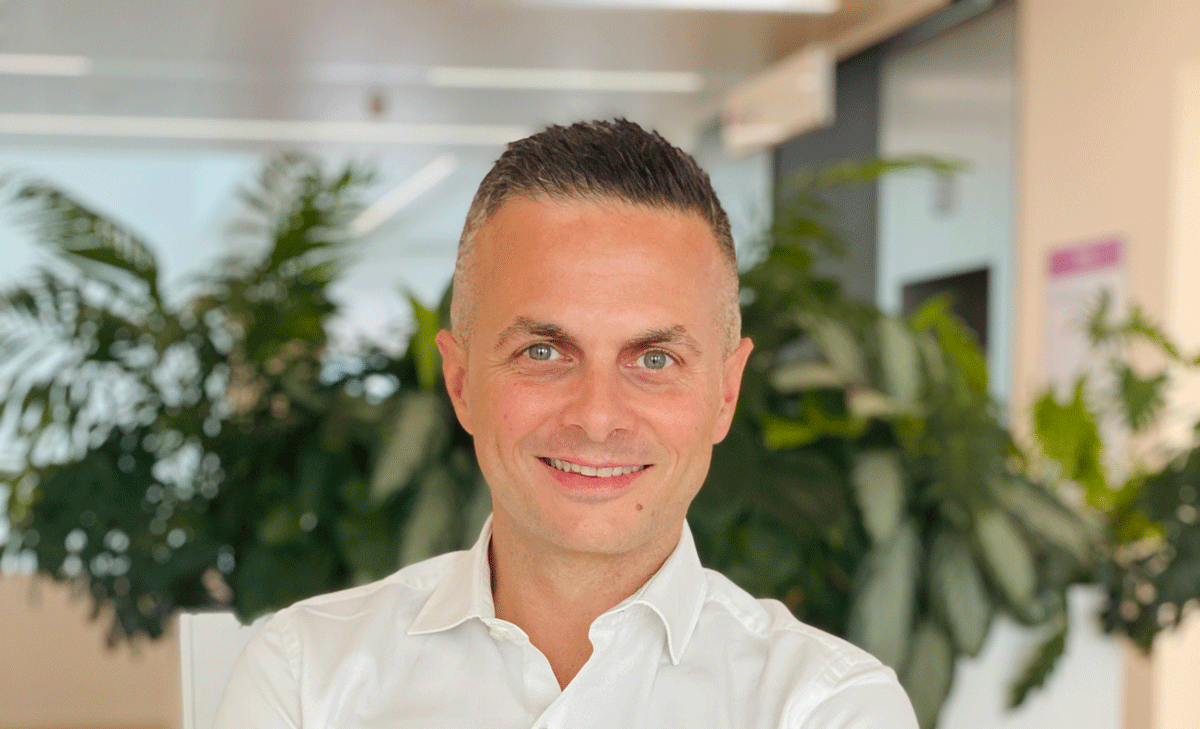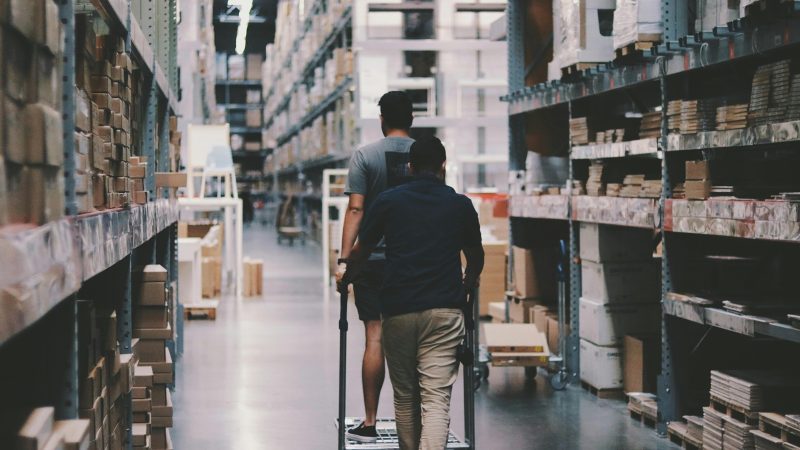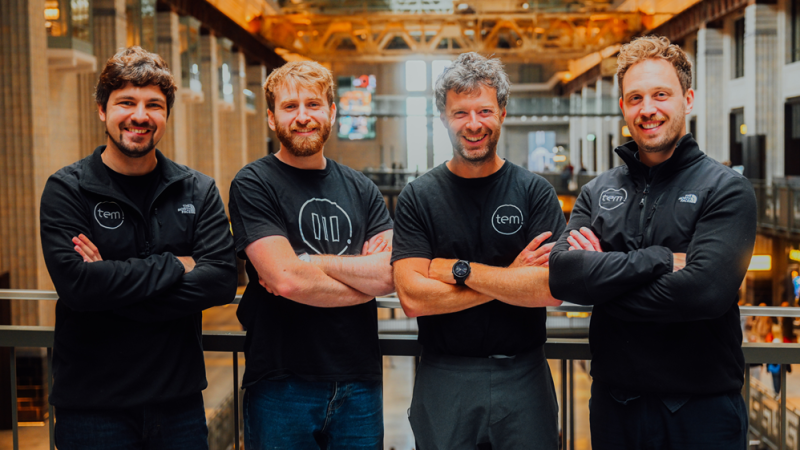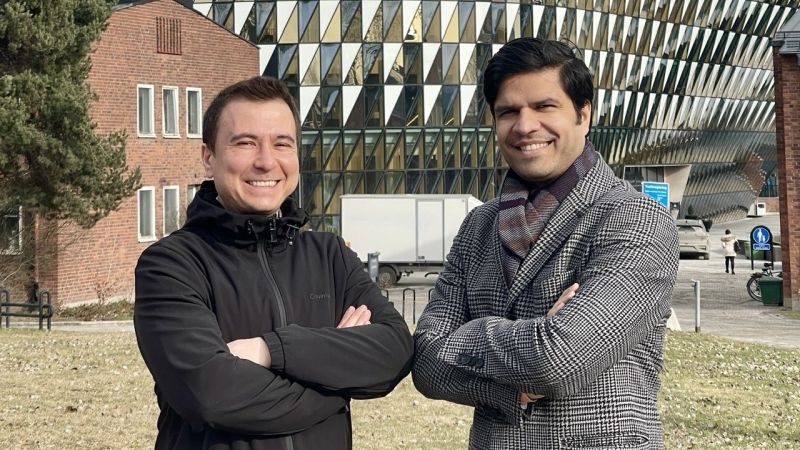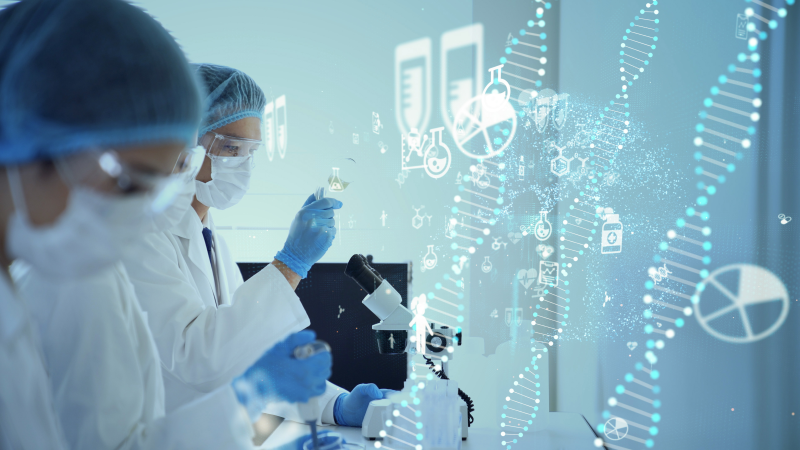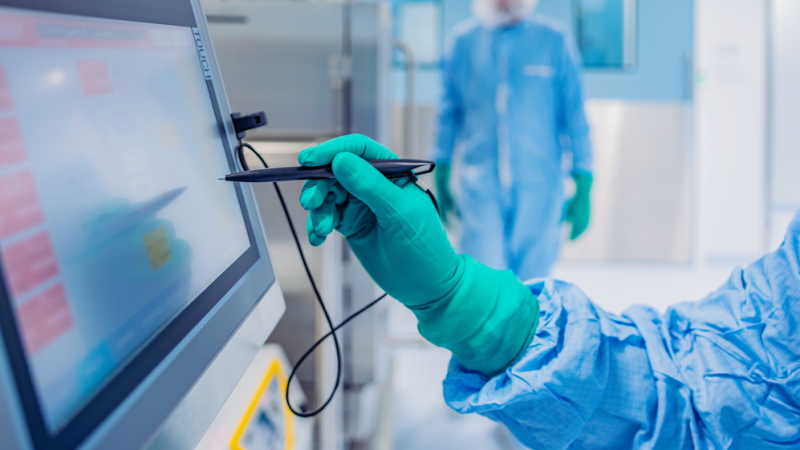Founded in 1935 in Parma, Italy, Chiesi is an international, research-focused biopharmaceuticals group that develops and markets innovative therapeutic solutions in three specific areas – the largest being respiratory health (70% of the business), followed by rare diseases and specialty care. Today the group, which is still family-owned, employs over 6,500 people in 31 countries and supplies medicines to over 80 countries worldwide.
With a consolidated turnover of €2.7 billion Chiesi is among the top 50 pharmaceutical companies in the world, growing by 10-15% year-on-year. The Group’s research and development is based in Parma and cooperates with six other major research centres in France, the United States, Canada, China, the United Kingdom, and Sweden, to promote its preclinical, clinical, and regulatory programmes. The Group has three production facilities in Italy, France, and Brazil.
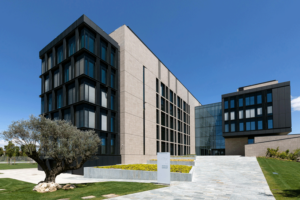 Code of Interdependence
Code of Interdependence
Guido D’Agostino, Head of Global Procurement at Chiesi Group, explains that Chiesi has undergone some fundamental changes over the last few years. In 2018, the owners took an important decision, with sustainability coming to the forefront. By changing its legal status to a Benefit Corporation, Chiesi’s commitment to creating shared value for society as a whole became legally binding and central to company-wide decision-making.
Driven by the wishes of the Chiesi family, the Group achieved B-Corp certification in 2019, joining a global community of businesses that meet high standards of social and environmental impact, becoming the largest pharmaceutical company to reach this level of excellence.
“The realisation of the intention to measure our impact on society and the environment, combining the need to generate value for the business with acting as a positive force for the community in which we live, changed the business as well as my role as the Head of Procurement,” says D’Agostino. “We started to bring the principles of sustainability to all relationships with our partners, committed to managing our supply chain as responsibly as possible, accepting that if we really want to make our sustainable business model work, it must involve all participants in our network.”
To this end, the company introduced a code of conduct, known as the Code of Interdependence, aligned with the UN SDGs, as part of a joint initiative with its strategic suppliers, which was published in 2020 and updated in 2022. This document has changed the concept of the supply chain to that of an ecosystem, serving as a practical tool that Chiesi uses to evolve towards a more sustainable and inclusive concept of the company.
Ecosystem of partners
The Code commits Chiesi to having commercial relations only with companies that share its commitment to sustainability and who follow the same high standards of impact by operating in a responsible manner. “The co-creation of Chiesi’s Code of Interdependence represents the beginning of a strategic path that will see a progressive increase in the level of sustainability of the Chiesi ecosystem, and at the same time a progressive reduction of its CO2 impact; a necessary path to supporting the company’s target of carbon neutrality including Scope 3 in 2035,” says D’Agostino.
He explains that to further foster an ongoing dialogue with suppliers and partners, the company organised a Chiesi Partnership Day (named Vendor Day until last year) in November, to celebrate the best practices in the evolution of the company’s value chain. The event was an occasion to share the strategic projects developed during the year and also to present “Partner Awards” in two categories: “Best Partner for People and Planet” and “Best Partner in Innovation and Collaboration”.
“This was a very important event where we celebrated sustainability and partnership,” says D’Agostino. “A moment dedicated to Chiesi’s value chain and conceived to promote the concept of interdependence: all the elements that make up a given system are interconnected and depend on each other. A fundamental workflow related to a constant increase in the level of sustainability and to a reduction of the negative impacts of the entire value chain. In this process, a key role is played by our strategic partners.”
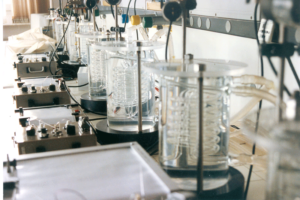 Towards a greener future
Towards a greener future
He reflects that introducing sustainability to the entire value chain means that the company has strict rules for partner selection. “We have redesigned the vendor selection process, introducing 40 spend categories with fixed and predefined weighting for sustainability. In some categories sustainability is more important than the price. The message is quite clear – if you are not sustainable, you cannot work for us.”
“This is important, as Chiesi’s achievement of carbon neutrality by 2035 will also depend on its suppliers. We have launched a lot of projects towards full sustainability, inviting our strategic suppliers to participate. All these initiatives fall under a single hat that we call value-chain evolution. We are of course also part of the value chain and will evolve with the whole ecosystem.”
As most of Chiesi’s suppliers are based in Europe, the supply chain is relatively short, which again means a more environmentally friendly process. “We are very much European-based from the sourcing standpoint but of course we have a lot of distributors in all parts of the world,” says Guido, who leads not only the value chain into the whole group but also leads the sustainability actions of distributors and all regional affiliates at a global level.
Sustainability is also a core topic internally. In 2019 Chiesi outlined a €350 million investment into the first carbon-minimal pressurised Metered Dose Inhaler (pMDI) for asthma and COPD. The green propellant will reduce the carbon footprint of pMDI inhalers by 90% and will enter commercial production in 2027, a deal which D’Agostino personally helped to achieve.
“Sustainability is my absolute priority, it has changed my life, my way of working. I am lucky to work in a company where sustainability is a priority, as this makes a real difference. About 80% of our spend is concentrated on 600 strategic suppliers but overall, we are managing close to 13,000 suppliers around the world. So, the impact is considerable,” he points out in concluding.
